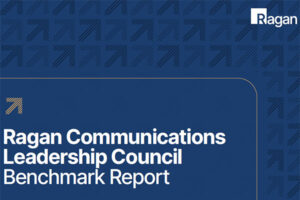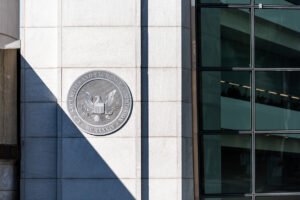The ethics of greenwashing: A young communicator’s perspective

Sustainable, 100% organic, eco-friendly. Everywhere we turn, we’re bombarded with green labels. As more people understand the urgency of being sustainably conscious, we try to take small steps to alleviate the impact we have on our planet. Sustainable has become a buzzword we eagerly look for on store shelves, in advertisements and on companies’ websites or social media. But are all those companies telling the whole truth? Can we trust those labels and claims?
Amidst the rise of eco-labeling and showcasing environmental efforts, greenwashing is also flourishing. While the sustainability movement might seem to be progressing and businesses are expected to step up their efforts, it has opened up an area of insincere promises and misleading information about the environmental impact of a company’s products and operations.
Greenwashing should be a concern for everyone. However, as PR students and aspiring professionals, it’s not just a buzzword – it’s a crucial ethical issue. We’re not only customers looking for more sustainable products; we will be the creators of those messages.
The ethics around greenwashing are multifaceted and they come down to the choices we make: what we buy, which companies we support, who we work for and when we speak up. These ethical dilemmas manifest both in theoretical and direct ways, when our employers or clients request activities that constitute greenwashing.
Curious about others’ perspectives, I reached out to some fellow students. Nearly everyone I talked to expressed a strong determination to take a stand and emphasized our responsibility to ensure companies don’t engage in greenwashing. “We’re the future of the PR industry so I truly believe we have the power to stop greenwashing,” said Milagros Orcoyen, vice president of events and fundraising at PRSSA, and a junior at Universidad Argentina de la Empresa (UADE) in Buenos Aires.
Other students I interviewed also expressed that they wouldn’t want to work for a company engaging in greenwashing. Ananya Dutta, president of PRSSA Emerson, said she’s being mindful about finding a company that aligns with her values to minimize the ethical dilemmas before she signs any employment agreement. It’s about educating yourself about greenwashing and doing your research before applying to jobs so that “when you have those dilemmas you can work with your team, not against your team,” she said.
Greenwashing often appeals to companies aiming to enhance their image in a world where being sustainable has become a trend. They want to appear committed to combating climate change. While they may indeed take some positive steps, greenwashing is not all or nothing; it can include selective information while omitting harmful details.
“There has been a lot of pressure for companies to give better data but there’s still no common standard on methodology so companies cherry-pick data to present their company in the best way,” said Kathryn Mulvey, accountability campaign director at the Union of Concerned Scientists. “We need stronger enforceable standards of what disclosures companies need to give to the public – so people can make decisions about who to support and where to put their talent and money,” she continued. However, this doesn’t mean that there are no consequences of greenwashing, especially in the long run.
Part of our role as PR professionals is taking care of our clients’ reputations, and greenwashing can severely damage them and the level of customer trust. PRSA’s Board of Professional Ethics and Standards has provided guidance on relevant provisions of the PRSA Code of Ethics, including developing environmental commitment throughout an organization, thoroughly vetting product claims to ensure that messaging is accurate and easy to understand, avoiding unsubstantiated claims, and working to educate consumers, not confuse them.
As students and young professionals at the beginning of our careers, we must play a vital role in educating our team members and avoiding misconduct. Fighting against climate change and practices that perpetuate it is a collective effort. The more people oppose such harmful actions and refuse to work for companies who have engaged in greenwashing, the closer we get to reducing it. By standing together and refusing to compromise our principles, we not only protect our clients’ reputations but also contribute to a more sustainable future.






